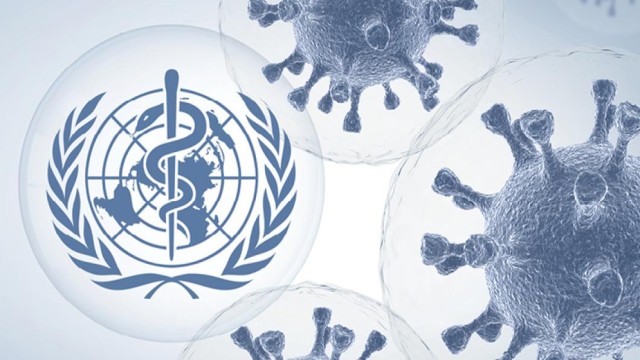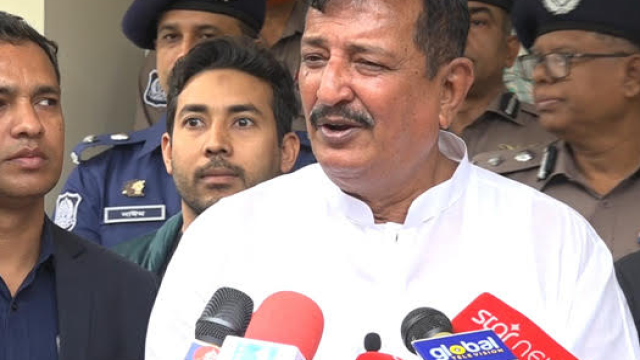"We must all continue to take precautions against Covid-19, just as governments and individuals do against other diseases.
The WHO stated on Wednesday January 10, that about 10,000 cases of Covid-19 fatalities were recorded in December, and it cautioned that the virus continued to pose a serious hazard even if it had partially escaped detection.
The JN.1 variant, which is currently the most often reported worldwide, and gatherings over the Christmas holiday contributed to a surge in transmission last month, according to data from multiple sources cited by the World Health Organisation.
The head of the UN health agency, Tedros Adhanom Ghebreyesus, stated, "Even though Covid-19 is no longer a global health emergency, the virus is still circulating, changing, and killing."
In addition to the almost 10,000 deaths that were reported to the WHO last month, hospital admissions and admissions to intensive care units increased by 42% and 62%, respectively, from November to December.
But according to Tedros, the data used to calculate the estimates came from less than 50 nations, primarily in Europe and the Americas.
"There undoubtedly are increases occurring in other nations as well that are not being disclosed.
"We must all continue to take precautions against Covid-19, just as governments and individuals do against other diseases.
"Although 10,000 deaths a month is far less than the peak of the pandemic, this level of preventable death is not acceptable."
Tedros called on governments to continue monitoring and sequencing viruses and to guarantee that people have access to reasonably priced, trustworthy diagnostics, therapies, and immunisations.
"And we continue to call on individuals to be vaccinated, to test, to wear masks where needed and to ensure crowded indoor spaces are well ventilated," he continued.
After the virus was discovered in Wuhan, China, at the close of 2019, Tedros declared the conclusion of the Covid-19 worldwide public health emergency in May 2023.































Comment: